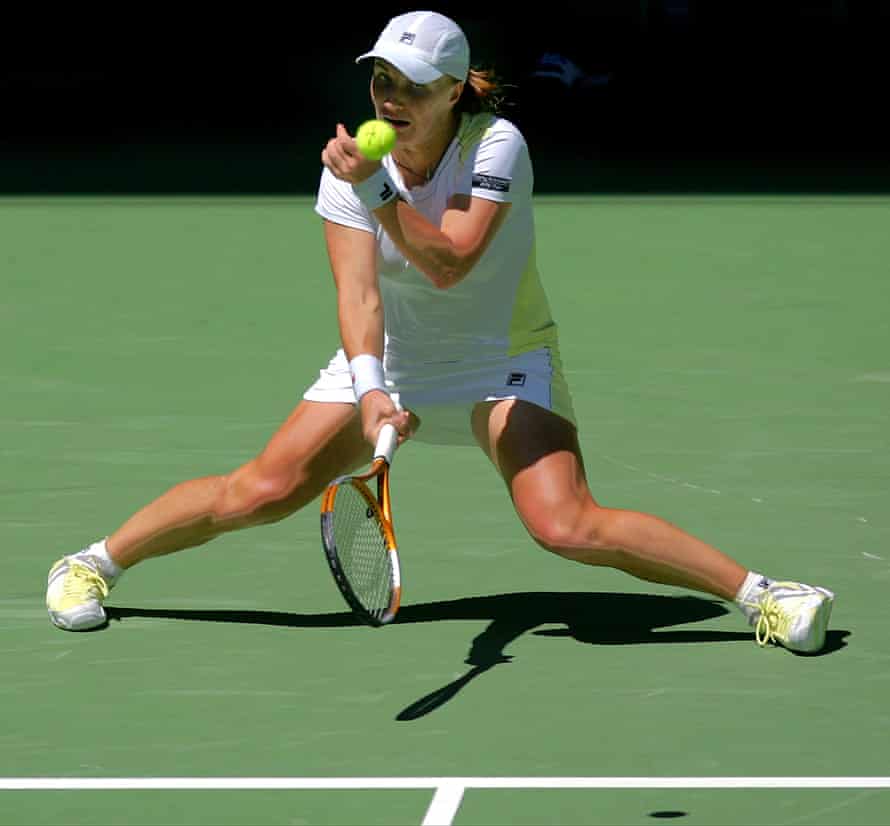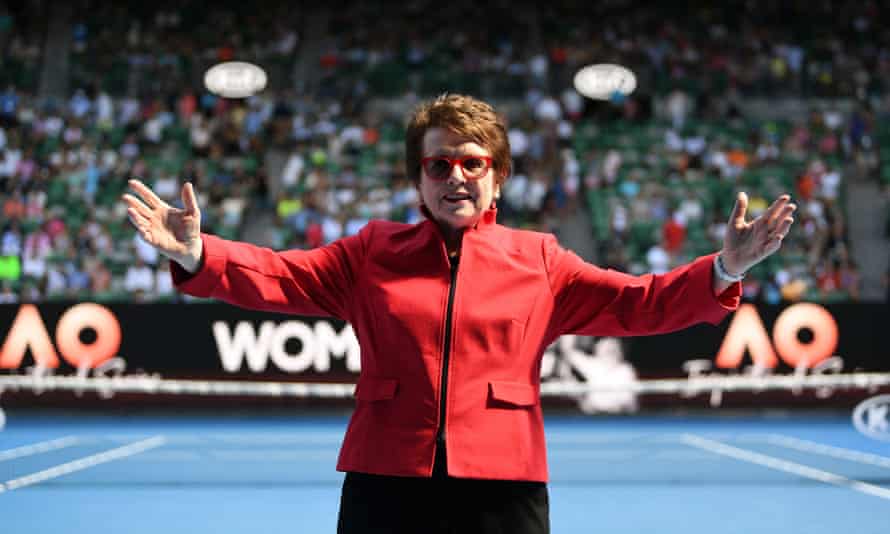It was Roger Federer who first coined the term “Happy Slam” to describe the Australian Open – a phrase that perfectly encapsulated the first grand slam of the year, a time when the players are feeling fresh and simply happy to be there. For those coming from the European winter the warm sunshine offers rejuvenation, mentally and physically, while the players have also been well treated by Tennis Australia, particularly over the past 15 years or so since Craig Tiley became the tournament director.
It was Tiley who introduced a blanket payment of $1,000 to every player in the main draw, singles and doubles, which was strongly appreciated by those further down the rankings who made the long trip to Australia knowing that their first-round loser’s cheque would probably barely cover the expense.
In 2018, Tiley pledged to eventually raise the prize money from its figure of Aus $55m to Aus $100m, which would put the Australian Open above the other three grand slams. (This year, it is Aus $75m.) The players love Melbourne’s restaurants, they love the climate and everything about it. The facilities, vastly improved over the past decade, are second to none, including three covered courts as well as outstanding gym and recovery rooms.
But as Novak Djokovic sits in his quarantine hotel in Melbourne, awaiting Monday’s appeal against the rejection of his visa – for not providing sufficient evidence that he merited an exemption from the country’s Covid-19 vaccine mandate – things don’t quite seem quite so happy any more.
While the Happy Slam has been enjoyable for players to play and for journalists, broadcasters and fans to attend, things have changed. Rose-tinted glasses may be in play here, but many who covered the event in the 1980s and 1990s will tell you how officials have been more officious, how flexibility has been replaced by rigidity. Rules are rules.
It has hardly been without its share of controversy. In the past 16 years, the Australian Open has endured at least two strike threats (with Djokovic as a key figure) as well as failed drug tests, natural disasters, homophobia and match-fixing.
In 2005, the buildup was dominated by a drugs scandal, sparked by the Belgian sports minister, Claude Eerdekens, who announced that women’s US Open champion at the time, Svetlana Kuznetsova, had tested positive for ephedrine at an exhibition event in Belgium.

Journalists landing in Melbourne joined local reporters in chasing the story for three days and though the Russian, who said she had been prescribed a cold remedy that might have caused the failed test, escaped a sanction because ephedrine was only banned in competition, it set things off on a dark note.
The Australian Open’s slot in the calendar, held in the second half of January, may be one reason why it attracts controversy. By the time players arrive it is more than four months since the end of the US Open, the last time they have all been in the same place. The ATP and WTA hold player meetings on the eve of the event and that timing can often lead to explosive moments.
In 2012, tensions were high at the US Open over prize money, in particular the percentage of revenue that was given to players. A strike threat – aimed at the 2013 Australian Open – was averted after Federer and Djokovic led the negotiations with the grand slam tournaments.
In 2018, the threat of a strike reared its head again, this time in Australia, when Djokovic led calls for a vast increase in prize money. The Serb said he wanted to spread the wealth further down the rankings, while he also threatened to form a breakaway union to have an independent body that represents players alone.
The threat was averted when Tiley promised to increase the prize money. Djokovic later followed through with the formation of the Professional Tennis Players Association (PTPA) in September 2020, though it remains in its formative stages.
Sign up to The Recap, our weekly email of editors’ picks.
Even Australia’s heroes have not always helped. Margaret Court, a legend of Australian tennis on the court and the holder of a record 24 singles grand slam titles, has long been a polarising figure thanks to her vocal stance against gay rights. Her name still adorns the Margaret Court Arena but in 2018 there was an embarrassing moment for Tennis Australia when Billie Jean King, invited to Melbourne to receive the inaugural Australian Open woman of the year award, said Court’s name should be removed.

“It’s really important if you’re going to have a name on anything that you’re hospitable, you’re inclusive, that you open your arms to everyone who comes to a public facility,” she said, as it slowly dawned on Tennis Australia officials what might be about to go down.
“I was fine until lately when she said so many derogatory things about my community, about the LBGT. That really went deep in my heart and soul. I don’t think she should have [her name on it] any more.”
In 2016, a match-fixing scandal broke on the eve of the event. In 2020, devastating bushfires threatened the Australian Open before clearing just in time and last year, the event was held in a pandemic thanks to incredible efforts from all concerned.
As Djokovic awaits his fate, he may just wonder what happened to the Happy Slam.




